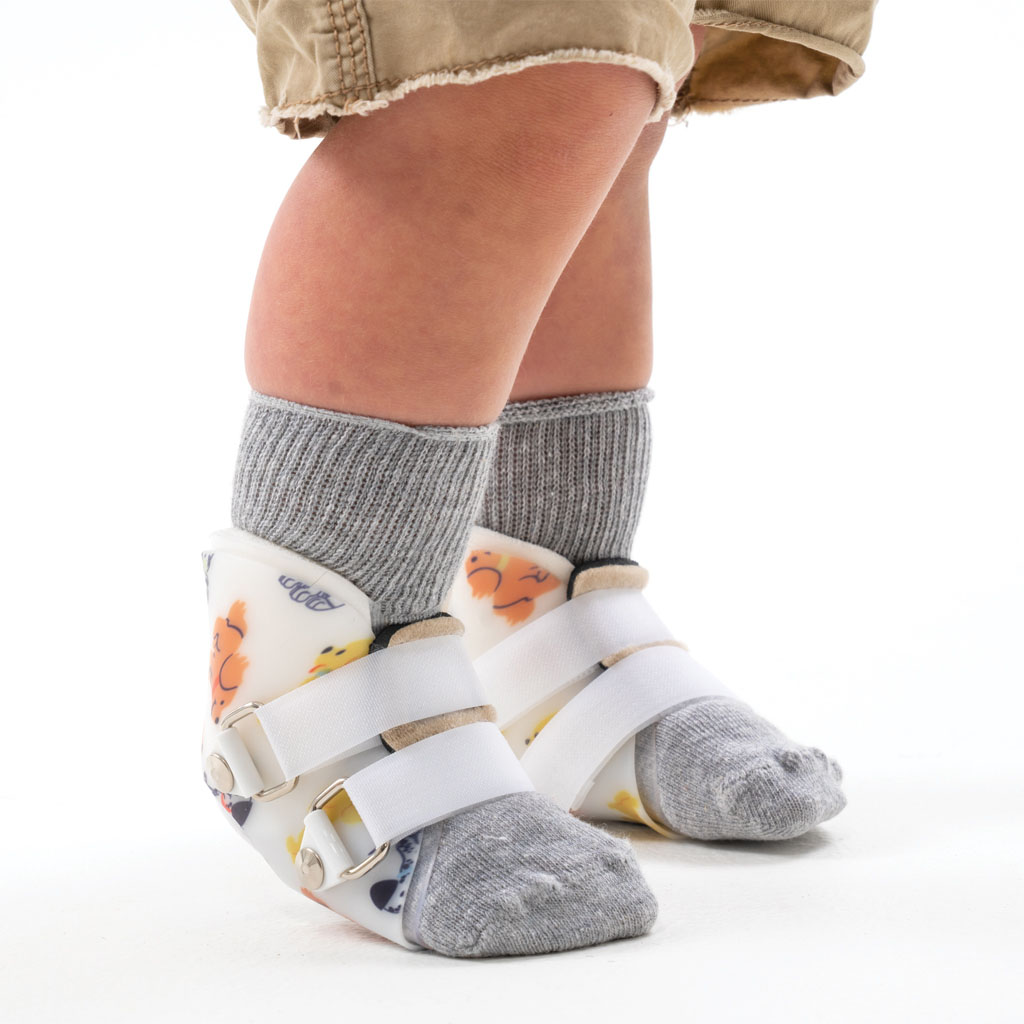Unknown Facts About Foot Braces
Unknown Facts About Foot Braces
Blog Article
Unknown Facts About Foot Braces
Table of ContentsLittle Known Questions About Foot Braces.The Single Strategy To Use For Foot BracesSee This Report on Foot Braces
(1) Background: ankle-foot orthosis (AFO) is one of the most generally prescribed orthosis to people with foot drop, and ankle joint and foot problems. In this research study, we aimed to examine the typically utilized kinds of AFO and introduce the recent advancement of AFO. (2) Methods: narrative review. (3) Outcomes: AFO avoids the foot from being dragged, provides a clearance between the foot and the ground in the swinging phase of stride, and preserves a stable stance by permitting heel contact with the ground during the position phase.By putting thermoformed plastic to cover the favorable plaster version, it generates the orthosis in the exact shape of the design. PAFO typically is composed of a shank covering, foot plate, and Velcro strap, with rest on ankle joint joints as required [13,14] PAFO can be identified according to the presence of hinges, mostly as solid ankle joint types without hinges and hinged ankle joint kinds with additional joints.
The leaf-like folds are intended to strengthen the component of the ankle with the most amount of activity and repeated loadings. The folds work as a springtime in the ankle joint that allows small dorsiflexion in the mid and incurable stances, and this flexibility go to my blog can also marginally help the push-off feature in the terminal position.

Some Known Facts About Foot Braces.
The plantarflexion can additionally be completely limited by fitting the coverings at 90 without room in between. visit The Gillette joint, like the Oklahoma joint, attaches a separate shank shell with the foot shell, enabling both plantarflexion and dorsiflexion. HAFO is extensively made use of in children with spastic diplegia and individuals with abnormal hemiplegia after stroke, as it can extend the ankle joint plantar flexor to reduce stiffness and minimize topsy-turvy muscle-response patterns.
